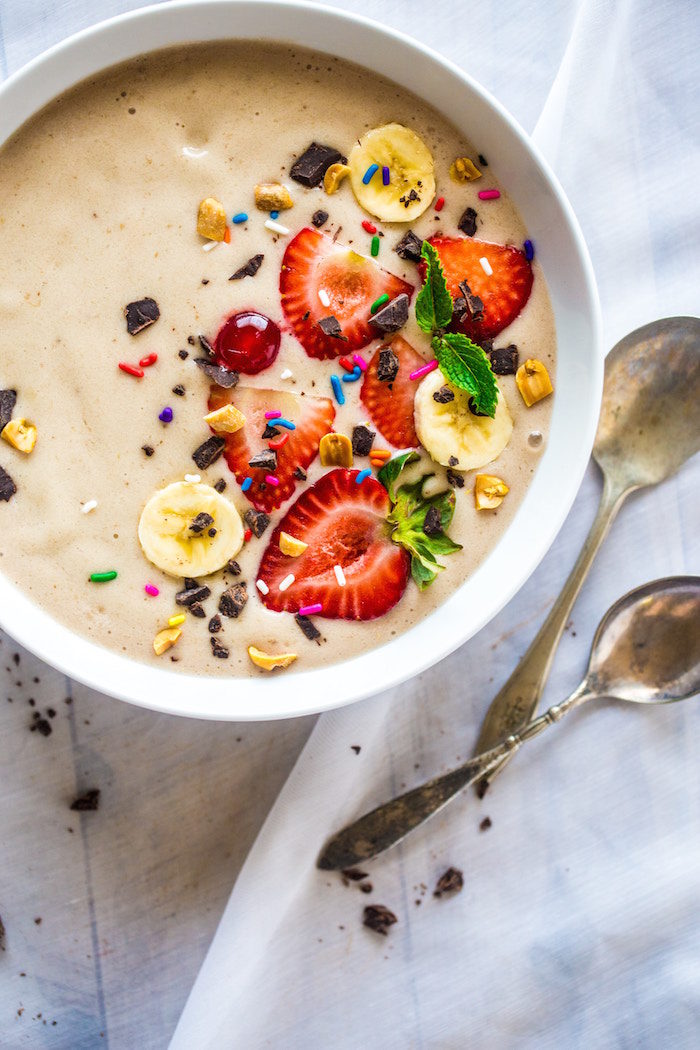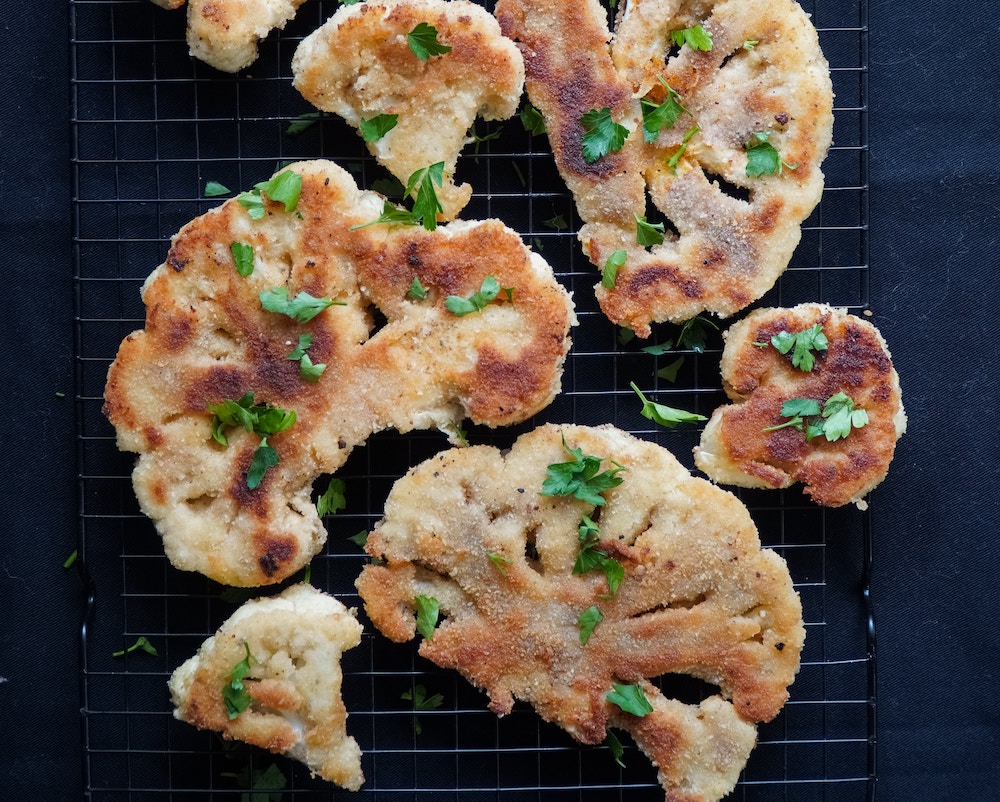Navigating the health food world can be challenge. I know that. Before I completed my plant-based nutrition program, I often felt puzzled by articles (especially in women’s health magazines and blogs) praising new “superfoods.” I learned to be more cautious, keeping in mind that there are no one food or ingredient that will lead to complete and absolute health.
Check out these so-called health foods and ingredients that I stay away from:
Agave Nectar
Agave started being hyped as the new, better and healthier sweetener several years ago. The fact that it’s extracted from a cactus made it easy to market it as all-natural. The less-rosy truth is that nutritionally speaking, agave is a highly processed food and it’s fairly similar to high fructose corn syrup, which is definitely not a superfood. If you are looking for a really healthy and truly unprocessed sugar to use in baking and cooking, go with date sugar as it’s basically whole dried dates, that are just pulverized into sugar.
Smoothies
Don’t get me wrong, I love an occasional smoothie–especially if it contains sweet potato and beans because it’s more nutrient dense and filling than a simple fruit smoothie. But pure fruit smoothies drive up your blood sugar levels very quickly, and you’re missing out on a huge benefit of chewing your fruit versus just drinking it in a couple sips.
You don’t have to eliminate smoothies completely. Just enjoy them once in a while as a treat, but don’t let it be the only way you get your fruit and vegetables.
Whole Wheat Bread
I grew up eating bread almost every day. And there is nothing wrong with bread per se–a sourdough or homemade loaf of whole wheat bread can be rich in fiber and even probiotic. The problem with store-bought whole wheat is the labeling, since regulations are not always very clear or transparent in the United States. Multigrain, for example, just means that several grains were used and they could all have been processed. You want to make sure you buy products that have the official “whole grain stamp” on the front as only that indicates that all the grain used in that product is whole grain.
Also, bread can absolutely be part of healthy, balanced, plant-based diet, but try to mix it up with other whole grains such as brown rice, oats, barley and teff.
Plant-Based Oils
Coconut oil was recently taken off the podium of health foods, when studies confirmed what experts had been warning us about: it’s a processed, saturated fat which raises LDL cholesterol, a known cause of cardiovascular diseases. Saturated fats are usually only found in the animal world, coconut fat being one of the few exceptions (avocado is another). Yes, there are various kinds of saturated fats, that all have different impacts on LDL cholesterol. Unfortunately, coconut oil is full of long-chain saturated fats, which are the problematic ones. Olive oil, although an unsaturated fat, is problematic too, because it’s very removed from its original form, the olive. That means it’s super processed and not left with many micronutrients such as vitamins. In addition, there is no more fiber in olive oil. It’s close to being 100% empty calories.
Bottom line: stay away from oils, even if plant-based. Go for whole sources of fat such as avocados, nuts and seeds. And use oil free, low sodium veggie broth to fry and steam veggies.
What do you think about these unhealthy “healthy” foods?
Also by Isabelle: Stuck In A Food Rut? 5 Ingredients That Boost Flavor & Nutrients In All Your Meals
I’m A Vegan But I Fell For A Meat Eater. Why Food Has Never Defined Our Love
Get more like this—Subscribe to our daily inspirational newsletter for exclusive content!
__
Photo: Taylor Kiser on Unsplash




